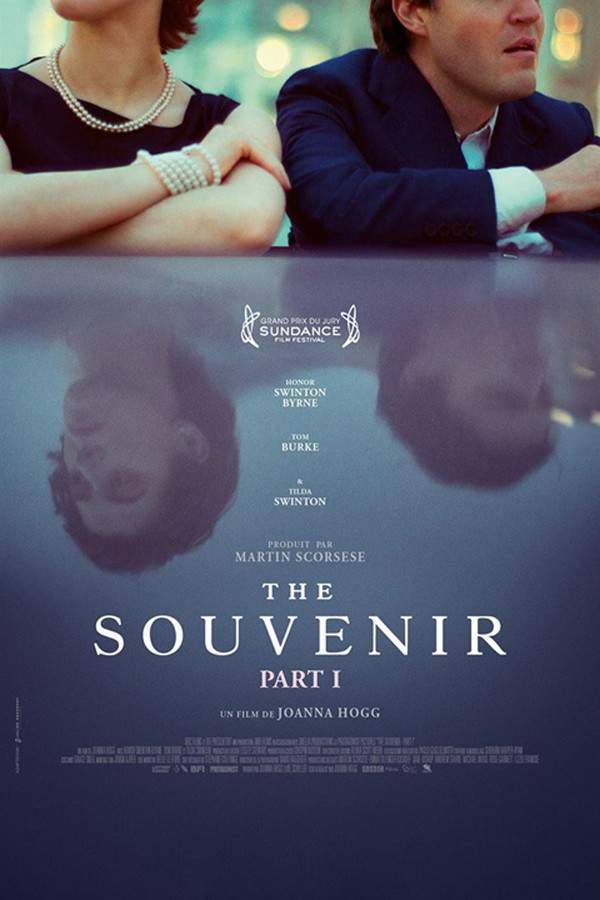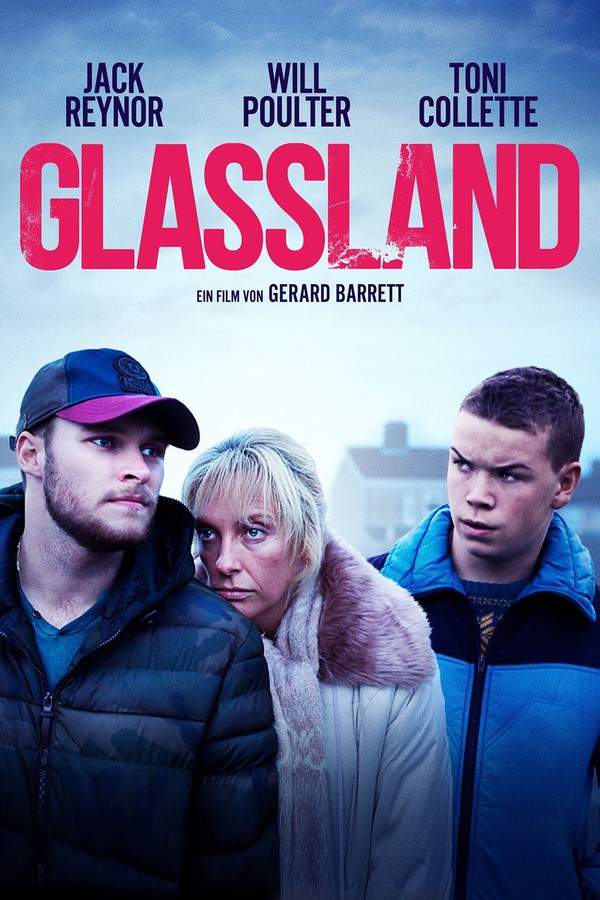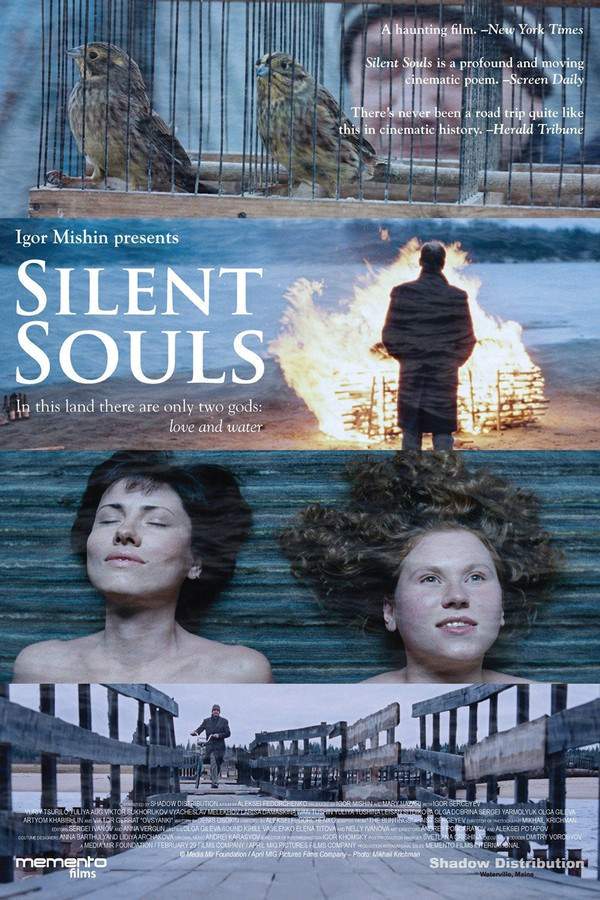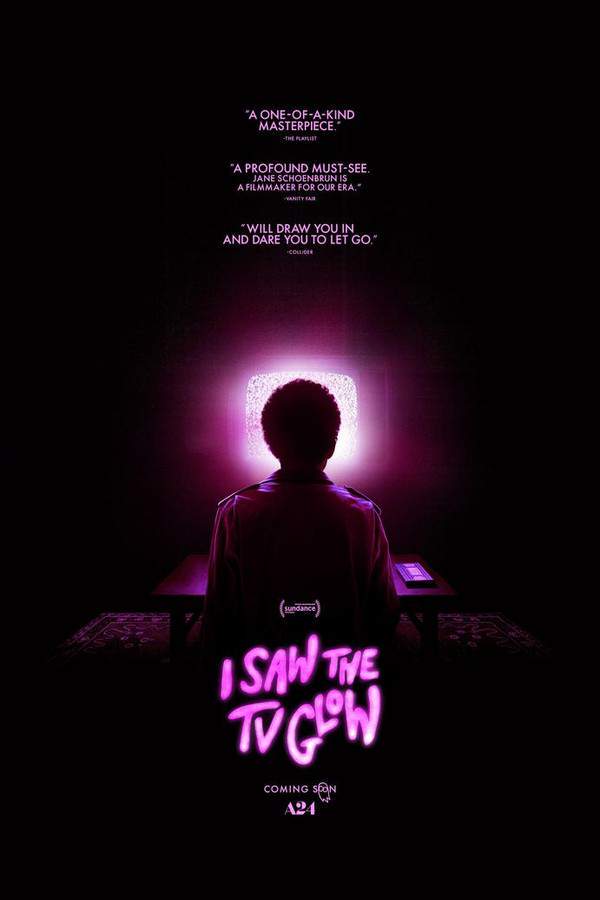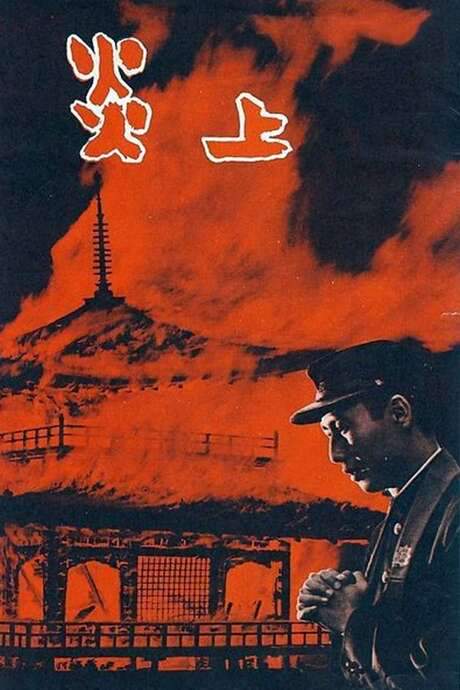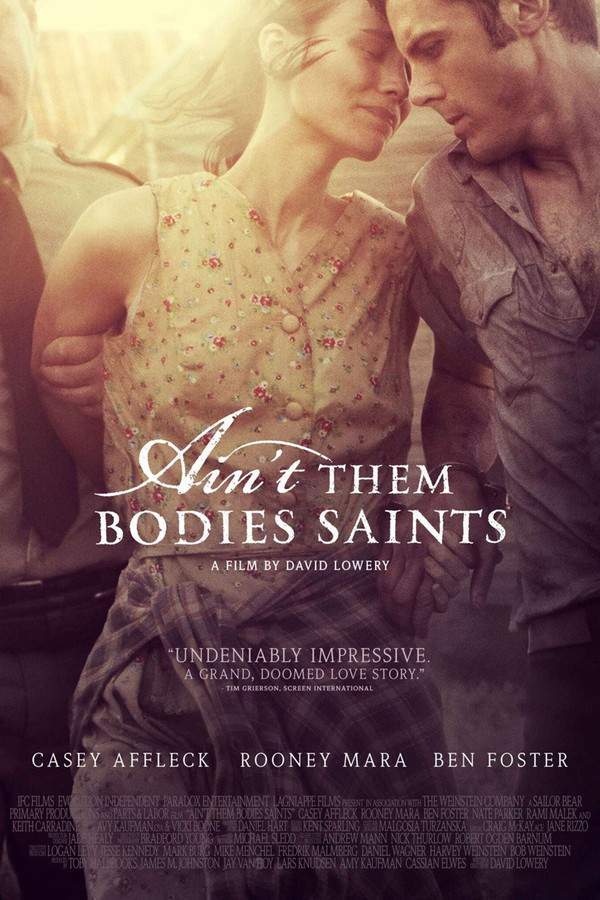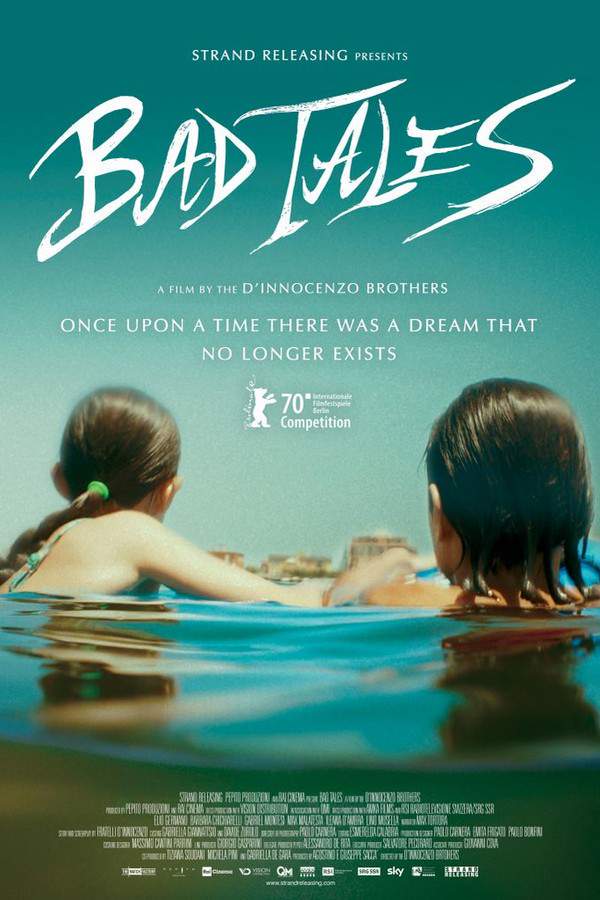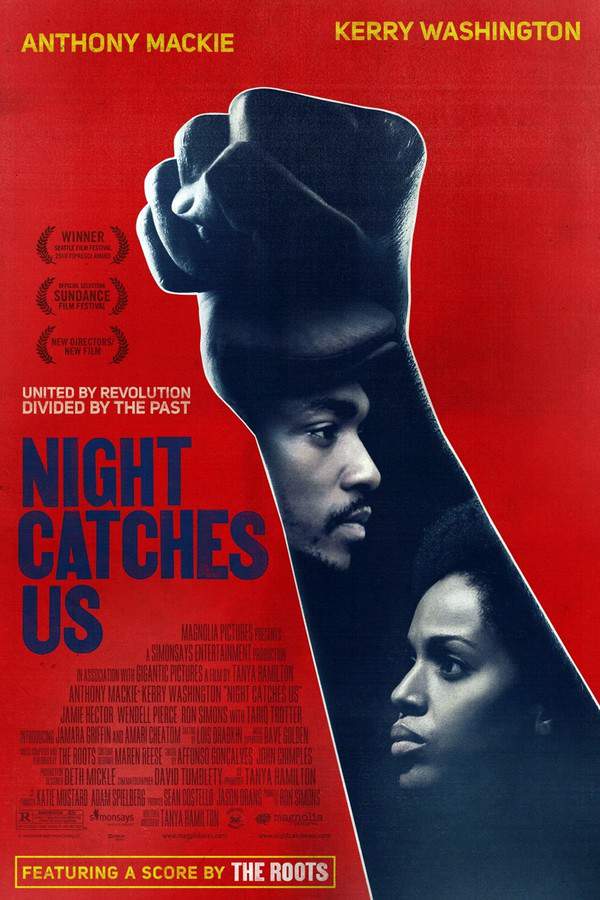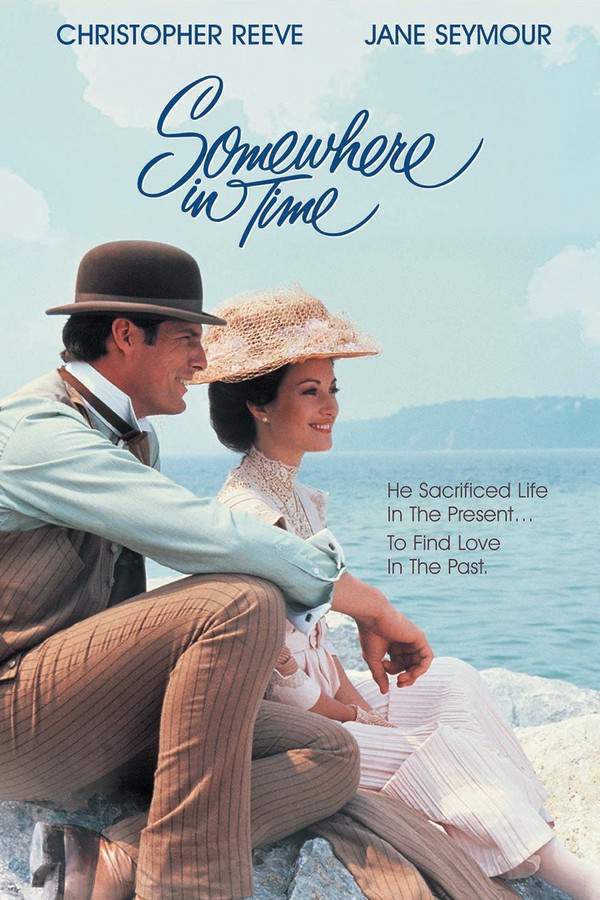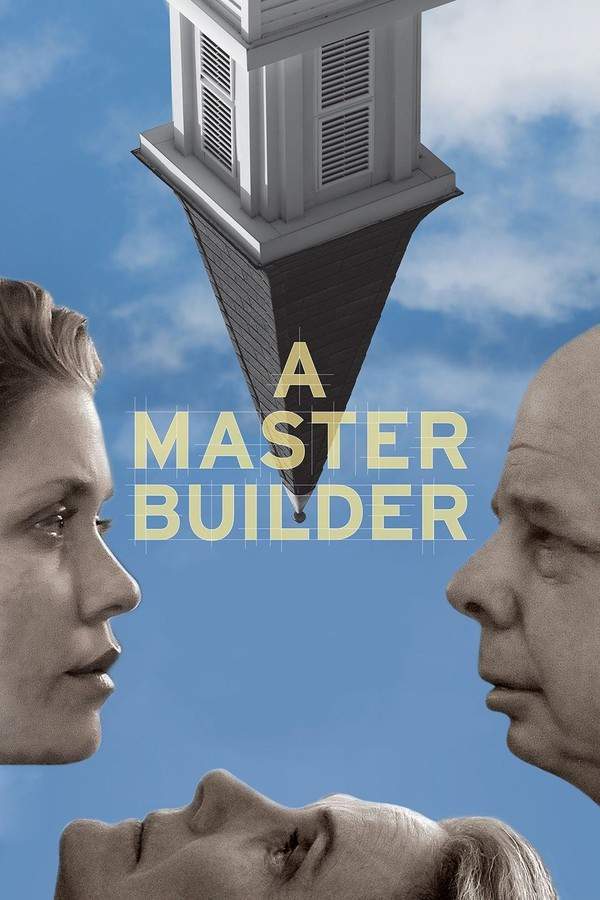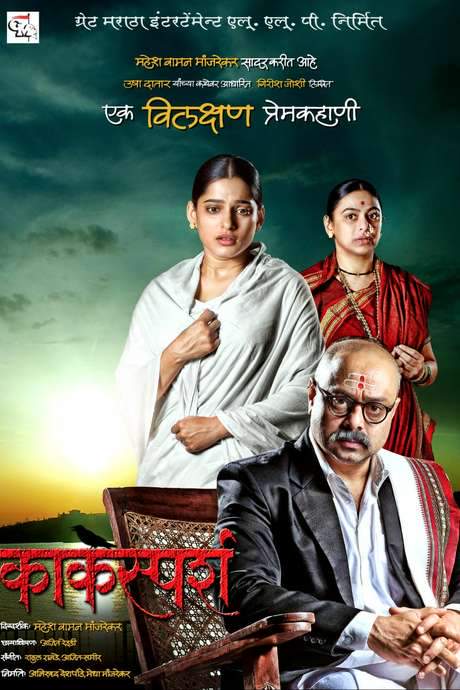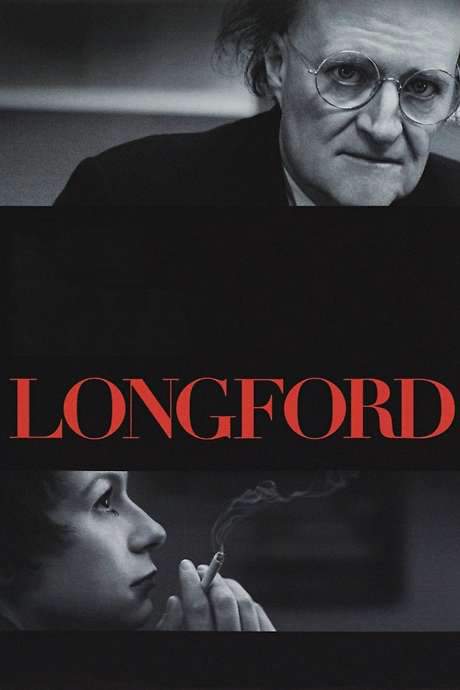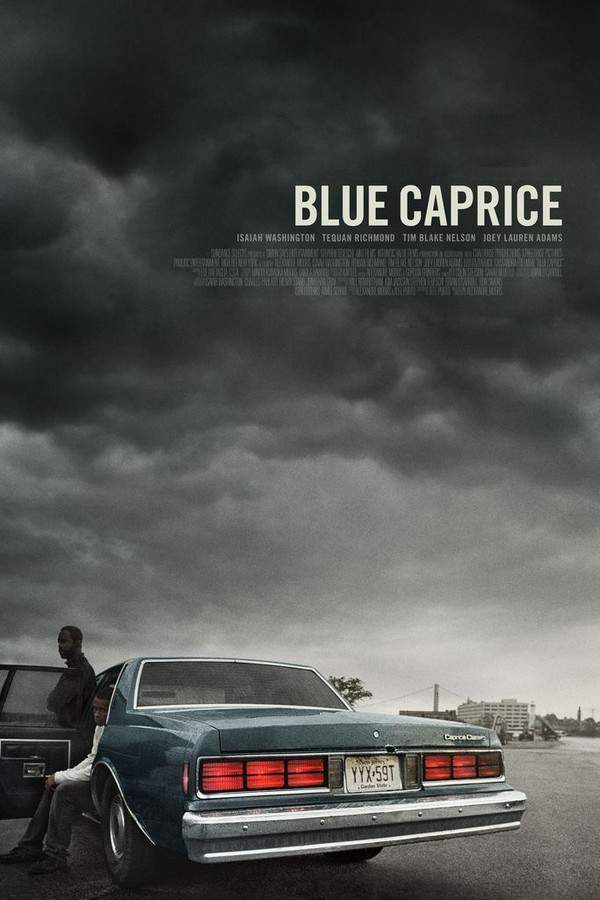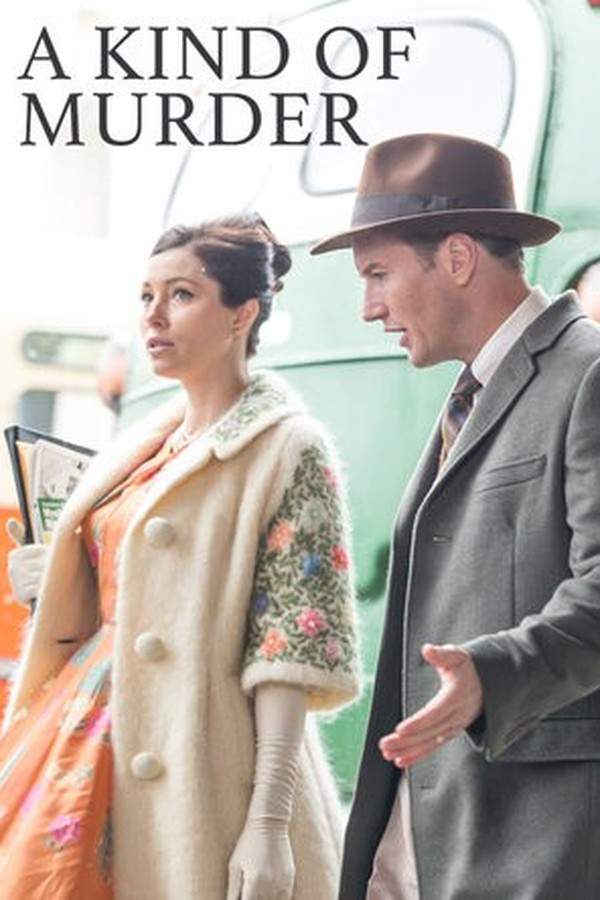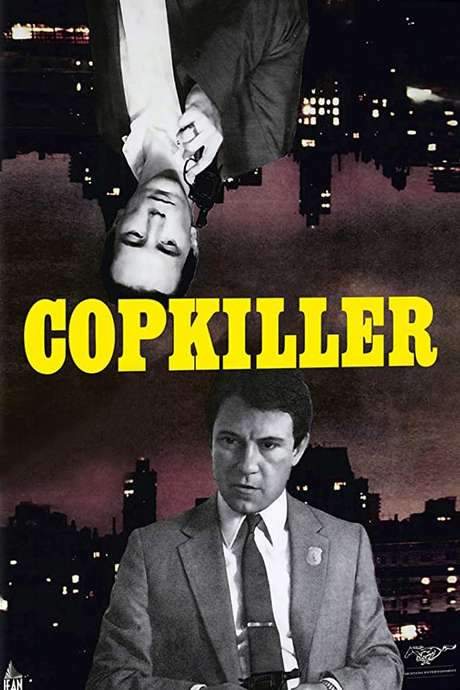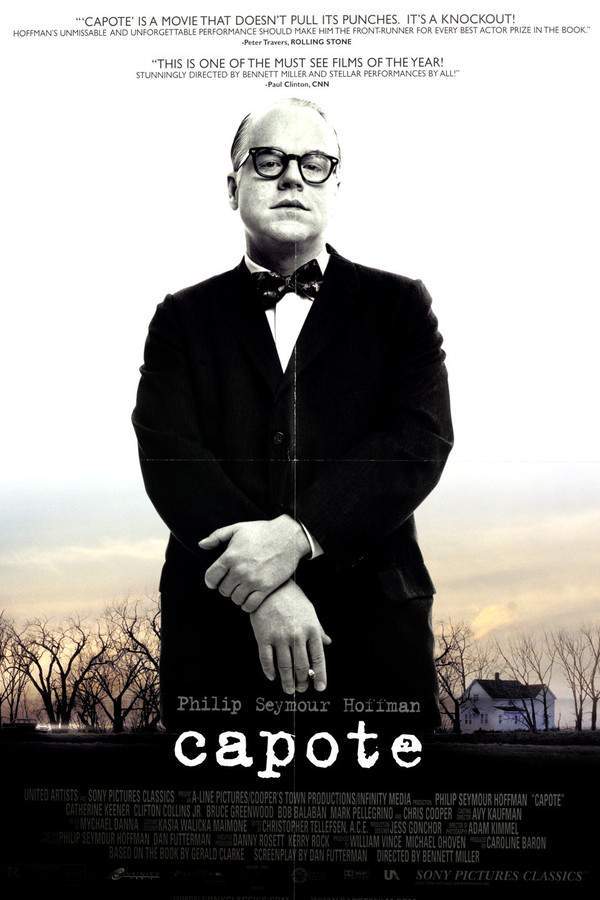
Capote
Year: 2005
Runtime: 114 min
Language: English
Director: Bennett Miller
Budget: $7M
The acclaimed author Truman Capote becomes fascinated by the murder of a Kansas family and travels to the small town where it occurred. He develops a close, complicated relationship with Perry Smith, one of the accused killers, while investigating the crime and uncovering hidden truths about the community and its inhabitants. The experience profoundly impacts Capote, blurring the lines between reporting and personal involvement.
Warning: spoilers below!
Haven’t seen Capote yet? This summary contains major spoilers. Bookmark the page, watch the movie, and come back for the full breakdown. If you're ready, scroll on and relive the story!
Capote (2005) – Full Plot Summary & Ending Explained
Read the complete plot breakdown of Capote (2005), including all key story events, major twists, and the ending explained in detail. Discover what really happened—and what it all means.
In 1959, the shocking discovery of the four lifeless bodies of the Clutter family on their Kansas farm sends ripples through the nation. As he reads about this tragic event in The New York Times, Truman Capote, played by Philip Seymour Hoffman, becomes deeply fascinated and immediately contacts the editor of The New Yorker, William Shawn (portrayed by Bob Balaban), revealing his intention to document this harrowing story.
Capote makes his way to Kansas and invites his childhood friend, Nelle Harper Lee, to accompany him. His goal is to gather insights from individuals associated with the Clutter family, with Lee acting as his intermediary. Although Alvin Dewey (played by Chris Cooper), the lead detective from the Kansas Bureau of Investigation, initially dismisses Capote’s requests, his wife, Marie (Amy Ryan), who admires Capote’s literary work, convinces her husband to invite the pair over for dinner.
During their dinner gathering in January 1960, as Capote shares captivating stories about glamorous movie sets and Hollywood icons, he gradually wins over Dewey. This leads to a unique opportunity where Capote gets to lay eyes on photographs of the deceased victims. The mood shifts abruptly when murder suspects Perry Smith (Clifton Collins Jr.) and Richard “Dick” Hickock (Mark Pellegrino) are apprehended. Through a combination of charm, persuasion, and a keen understanding of human emotions, Capote successfully secures visits to the prison where the suspects are held.
While uncovering the details surrounding the case, Capote discovers that both Smith and Hickock had waived their rights to a preliminary hearing, believing it might “curry favor with the judge.” As he interacts more with Smith, he begins to forge an unexpected emotional bond with him. Capote shares his ambition to transform the articles into a full-length book with Shawn, despite the ambiguous legal proceedings taking place.
As the trial concludes and both suspects receive death sentences, Capote’s access to them continues, buoyed by his dubious generosity inviting Warden Marshall Krutch (Marshall Bell) to benefit from more privileged visits. Particularly attentive to Smith, who has fallen into a state of despair, Capote takes it upon himself to bring comfort, including feeding him baby food to restore his health.
Over subsequent visits, amidst his literary endeavors which include a year away in Morocco and Spain with his partner Jack Dunphy (Bruce Greenwood), Capote delves deeply into Smith’s turbulent past, reflecting on the conflicting emotions stirred by the gruesome circumstances. Flawed as it may be, Capote’s pursuit to grant Smith and Hickock better legal representation results in protracted appeals, ultimately frustrating him as he finds it increasingly challenging to obtain the definitive account of the night of the murders from Smith.
Tensions escalate as Dewey expresses his anger and threatens repercussions, but the real strain manifests when Smith questions Capote, who evades the inquiry about revealing his book to him. Feeling increasingly ensnared by a narrative without closure, Capote realizes he cannot complete his book until the legal proceedings are resolved. After much deliberation, Smith finally recounts the horrifying events leading to the deaths of the Clutter family, yet in this moment of clarity, Capote grapples with his moral dilemma, withdrawing legal support and leaving the men to face the court alone.
With his narrative now within grasp, Capote remains ensnared, tied to an unresolved legal battle, preventing him from publishing his much-anticipated account. Meanwhile, Lee’s acclaimed novel, To Kill a Mockingbird, garners massive success as it leaps to the silver screen, a triumph that brings Capote no joy as he spirals into his personal demons fueled by alcohol.
As their final appeal is struck down, Smith fervently implores Capote for a last visit prior to his scheduled execution on April 14th, 1965. Overcome with guilt, Capote hesitates but is ultimately compelled by a moving telegram from Smith directed to Lee, leading him back to Kansas, where he becomes an unwilling participant as Smith and Hickock face their grim fate.
Upon returning, Capote confides in Lee about the harrowing ordeal and expresses profound regret over his inability to intervene. She notably responds, “Maybe not. The fact is you didn’t want to.” In the concluding scenes, Capote reflects over photographs and remnants of the case, laying bare the complexity of his journey. The epilogue reveals that while In Cold Blood catapulted Capote to unprecedented fame as America’s preeminent writer, he subsequently struggled to replicate his earlier success, eventually succumbing to alcoholism in 1984.
Last Updated: November 16, 2024 at 14:20
Explore Movie Threads
Discover curated groups of movies connected by mood, themes, and story style. Browse collections built around emotion, atmosphere, and narrative focus to easily find films that match what you feel like watching right now.
Obsessive character studies like Capote
Stories where a character's obsession leads to their own moral and psychological ruin.Movies like Capote that follow a protagonist's consuming obsession, often with tragic consequences. If you were fascinated by Truman Capote's morally complex relationship with his subject, you'll find similar stories of psychological descent and blurred ethical lines in these carefully paced, emotionally heavy dramas.
Narrative Summary
The narrative follows a protagonist who initiates a professional or personal investigation that becomes an all-consuming obsession. Their initial objectivity dissolves as they form a complicated, often manipulative bond with their subject. The story's tension comes from the protagonist's internal moral conflict and the psychological toll of their fixation, culminating in a personal downfall rather than a simple resolution of the initial mystery.
Why These Movies?
These movies are grouped by their shared focus on a singular, destructive obsession. They feature a similar emotional trajectory: a slow-burning intensity, a melancholic tone, and a heavy emotional weight derived from watching a character compromise their ethics and well-being for a goal that ultimately destroys them.
Slow burn ethical dramas like Capote
Deliberate, character-focused stories where ethical lines are blurred and crossed.If you appreciated the slow, deliberate pacing and heavy ethical questions in Capote, this list features similar movies. These are character-driven stories focused on moral ambiguity, the cost of ambition, and the psychological impact of crossing professional and personal boundaries, often resulting in a somber or bittersweet ending.
Narrative Summary
Narratives in this thread unfold gradually, allowing the weight of ethical dilemmas to build. The central conflict is internal and interpersonal, focusing on the tension between ambition, duty, and empathy. The plot is secondary to the character's psychological journey as they navigate gray areas, with the climax often being a moment of profound moral realization or failure rather than a conventional resolution.
Why These Movies?
Movies are grouped here based on a shared combination of slow pacing, high emotional weight, and a central theme of moral ambiguity. They create a similar viewing experience: thoughtful, tense, and emotionally draining, leaving the audience to ponder complex questions about right and wrong long after the film ends.
Unlock the Full Story of Capote
Don't stop at just watching — explore Capote in full detail. From the complete plot summary and scene-by-scene timeline to character breakdowns, thematic analysis, and a deep dive into the ending — every page helps you truly understand what Capote is all about. Plus, discover what's next after the movie.
Capote Timeline
Track the full timeline of Capote with every major event arranged chronologically. Perfect for decoding non-linear storytelling, flashbacks, or parallel narratives with a clear scene-by-scene breakdown.

Characters, Settings & Themes in Capote
Discover the characters, locations, and core themes that shape Capote. Get insights into symbolic elements, setting significance, and deeper narrative meaning — ideal for thematic analysis and movie breakdowns.

Capote Spoiler-Free Summary
Get a quick, spoiler-free overview of Capote that covers the main plot points and key details without revealing any major twists or spoilers. Perfect for those who want to know what to expect before diving in.

More About Capote
Visit What's After the Movie to explore more about Capote: box office results, cast and crew info, production details, post-credit scenes, and external links — all in one place for movie fans and researchers.

Similar Movies to Capote
Discover movies like Capote that share similar genres, themes, and storytelling elements. Whether you’re drawn to the atmosphere, character arcs, or plot structure, these curated recommendations will help you explore more films you’ll love.
Explore More About Movie Capote
Capote (2005) Scene-by-Scene Movie Timeline
Capote (2005) Movie Characters, Themes & Settings
Capote (2005) Spoiler-Free Summary & Key Flow
Movies Like Capote – Similar Titles You’ll Enjoy
To Kill a Mockingbird (1962) Ending Explained & Film Insights
Blue Caprice (2013) Story Summary & Characters
Infamous (2006) Full Movie Breakdown
Capone (2020) Complete Plot Breakdown
A Kind of Murder (2016) Ending Explained & Film Insights
A Place Among the Living (2003) Detailed Story Recap
Copkiller (1983) Full Movie Breakdown
In Cold Blood (1967) Story Summary & Characters
Crime, Inc. (1945) Film Overview & Timeline
Killer: A Journal of Murder (1995) Detailed Story Recap
An American Tragedy (1931) Full Movie Breakdown
In Cold Blood (1000) Full Summary & Key Details
The Glass House (1972) Ending Explained & Film Insights
Kansas City Confidential (1952) Movie Recap & Themes
With Love from Truman (1966) Spoiler-Packed Plot Recap



